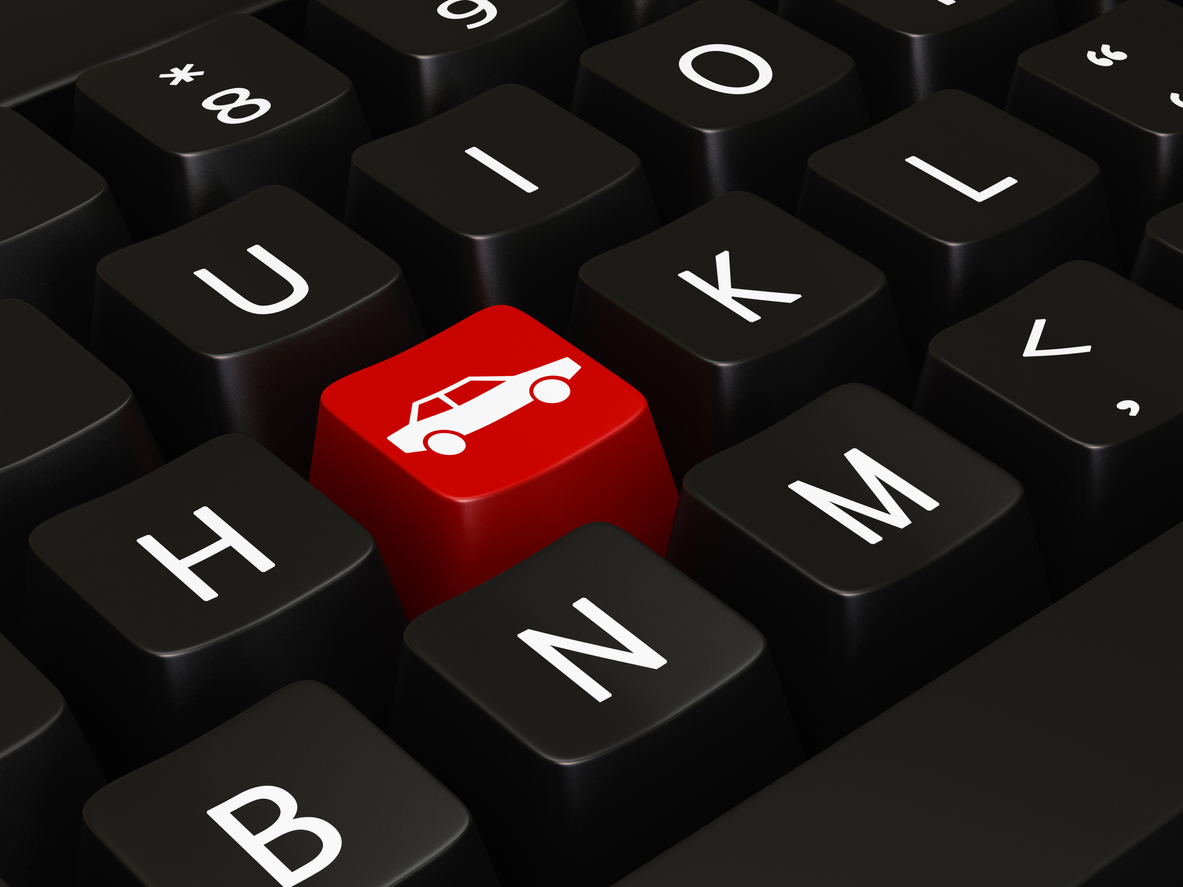Queensland online shoppers are being warned about the number of vehicle scams being carried out on social media trading platforms.
Acting Attorney-General Mick de Brenni said Queenslanders online marketplaces can sometimes hide the true identity of the seller and may not always be the best option when it comes to making a significant purchase such as buying a car.
“We know online marketplaces are becoming increasingly popular for buying everything from pot plants to a used car,” Mr de Brenni said.
“The Palaszczuk Government is helping consumers to be aware of the risks when using these platforms, especially when transferring money for significant purchases.
He said that in 2020, Scamwatch received more than 250 reports of Queenslanders being scammed when trying to buy a vehicle, caravan or motorhome.
“One Queensland consumer lost $39,000 when they tried to buy a vehicle via a popular online marketplace. Despite the regular vehicle checks appearing normal, the car was never delivered and the seller could not be contacted.”
“Scammers will lure you in with a fantastic deal so our advice is that if it sounds too good to be true, it probably is.”
The Minister said these steps could help consumers stay safe:
- avoid buying a car from someone who is unwilling to meet you face to face or can only be reached by email
- never buy a car that you have not seen in person and had inspected by a professional
- don’t let someone put you under pressure by insisting on completing the transaction as quickly as possible
- avoid payments that are international money orders, wire transfers, pre-loaded cards, cryptocurrency and cheques.
RACQ spokesperson, Lauren Ritchie urged motorists in the market for a new vehicle to do their research and be on the lookout for any suspicious behaviour.
“Don’t buy sight unseen and be wary if the seller wants to meet you in places such as shopping centre car parks, or they offer to bring the car to you. This might mean they don’t want you to know where they live,” Ms Ritchie said.
“Ask plenty of questions. If the seller is genuine, they’ll be able answer questions about the car off the top of their head. Be suspicious if they avoid questions, are vague on the detail, or the story just doesn’t sound right.
“Always get a car history check and very carefully compare details against the car. If there are any discrepancies at all or something feels off, walk away. It’s not worth the risk.”
The Minister said scammers can also use fake emails claiming to be from a secure payment provider.
“Another Queenslander thought they had purchased a car advertised through an online marketplace and was advised not to reply to the advert but to email as the car was being sold for a relative,” Mr de Brenni said.
“The seller said that due to COVID-19 and previous bad experience they would use a third party company to collect payment so the buyer deposited $5,500 with the company.
“The buyer didn’t hear back and contacted the third party payment company who said the payment link was not theirs.
“The buyer then saw the same car a week later re-advertised with the same photos and story with a slightly different email, and another car being advertised with the same story.”
Consumers can visit the Department of Transport and Main Roads’ website to conduct a free check of a vehicle’s registration number or VIN to confirm its registration status, make, model and body type.
Additionally, consumers should also consider having a pre-purchase mechanical and vehicle history check completed by a reputable organisation and a REVS check which tells you if the vehicle has money owing on it from a previous owner.
For more information about scams in general, including how you can report a scam, visit the OFT website or Scamwatch.


